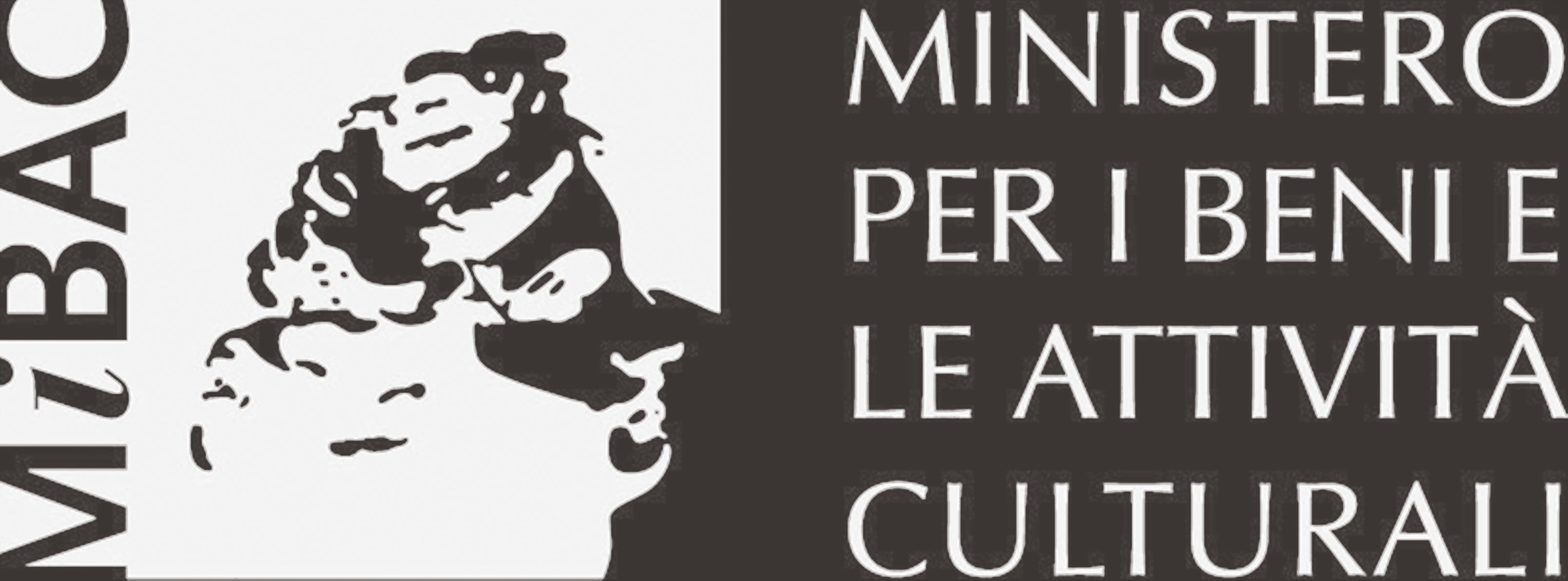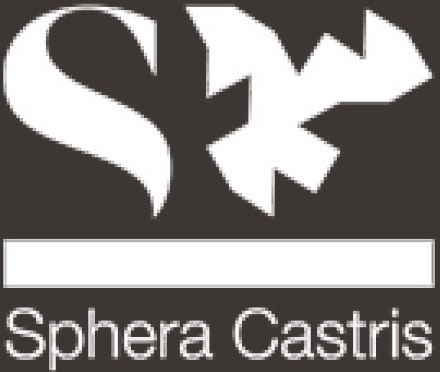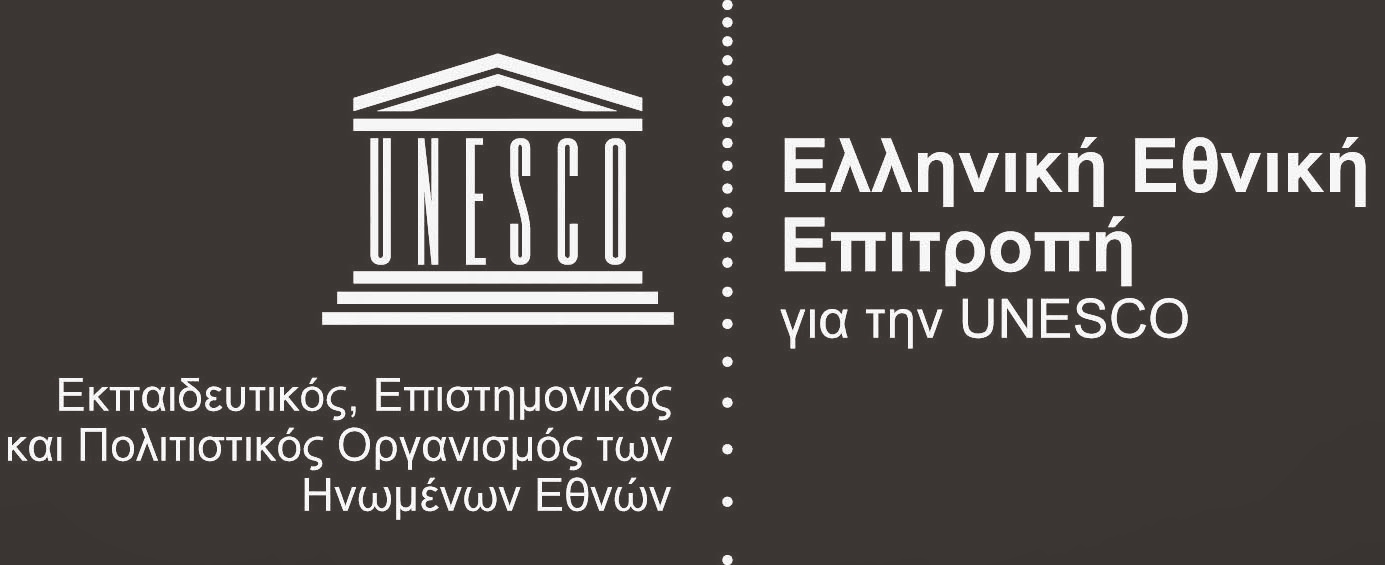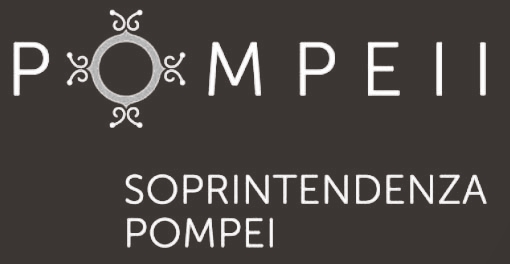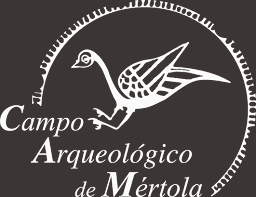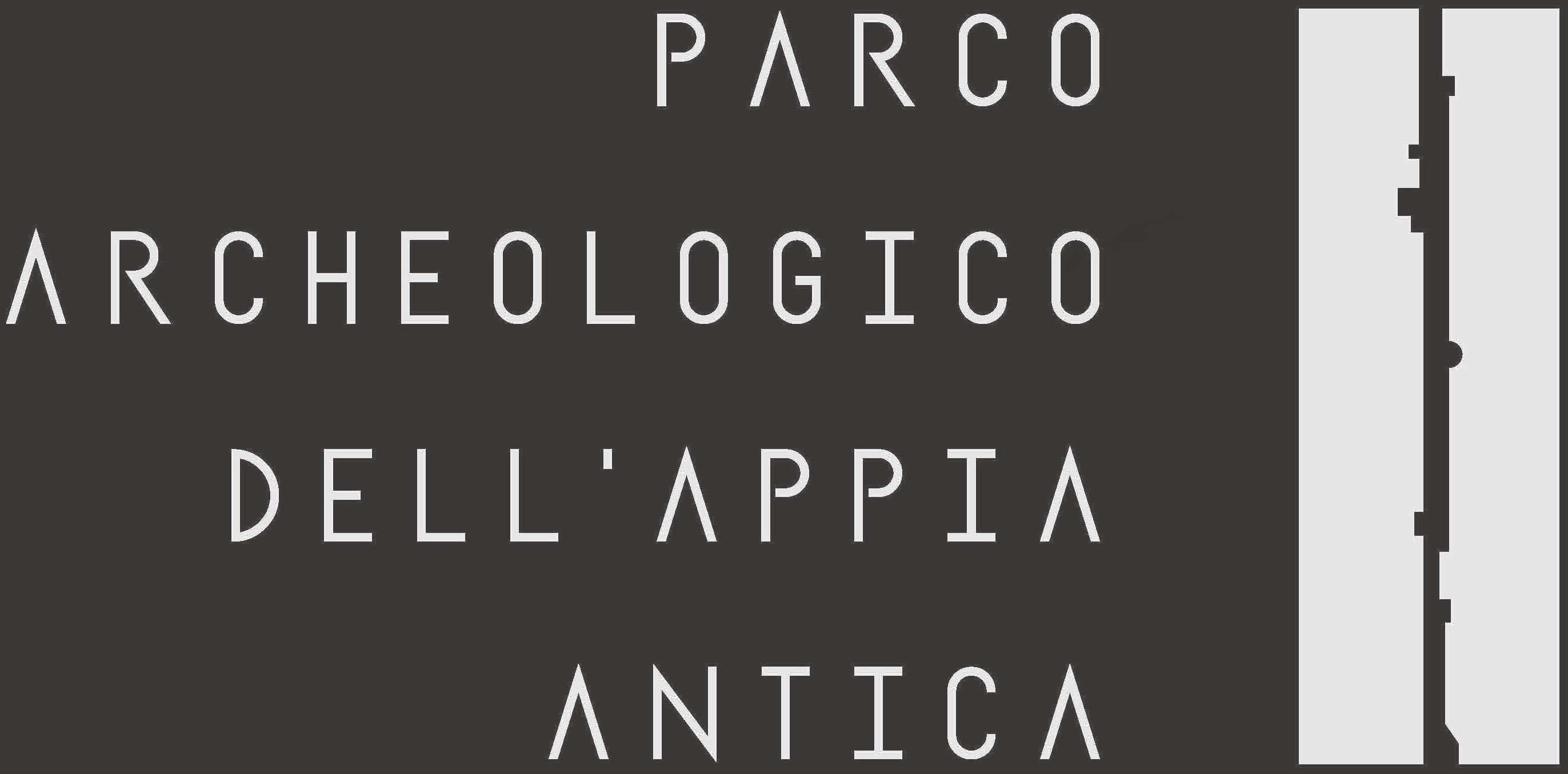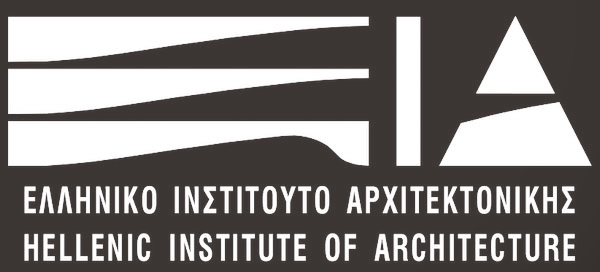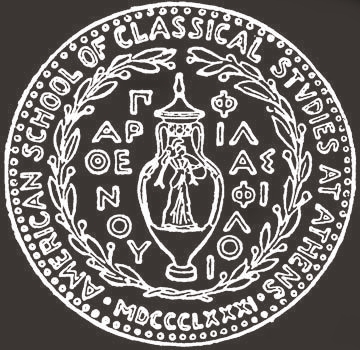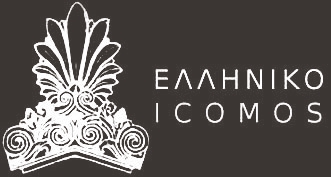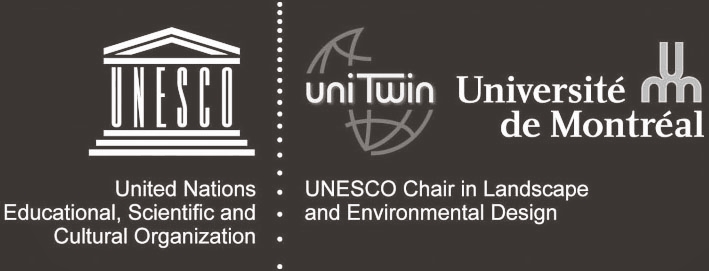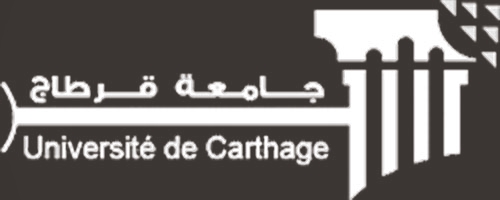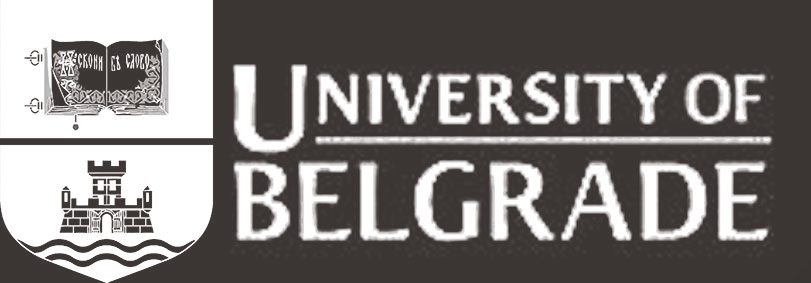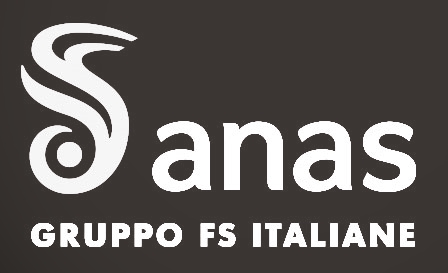The Architecture, Landscape and Archaeology Master is a European study programme for architects and archaeologists that aims the enhancement of archaeological sites in relation to the urban palimpsest and the landscape. The programme will be providing advanced education to prepare highly qualified individuals in the heritage sector, and aims to transfer tools and knowledge to develop an innovative cooperation among architects, landscape architects and archaeologists, for the creation of a common ground.
Cultural heritage is a complex area, requiring collaborative interdisciplinary and transnational approach. ALA proposes a training path focused on archaeological sites where issues regarding conservation, enhancement and design at multiple scales need to be coordinated. These experts should handle applied technologies for scientific survey, representation and didactic communication, should understand on-field archaeological excavation and design issues, should acquire soft skills for this transversal cooperation (interdisciplinary dialogue, inter-institutional collaboration, communication capacity, teamwork, systemic views, analytical and synthetic thinking, negotiation and entrepreneurship). Coordinated by the University of Rome La Sapienza, the programme has as partner institutions the Technical University of Athens, the University Federico II of Naples and the University of Coimbra.
Europe and the whole Mediterranean area are spotted with sites where the relationship between archaeology, urban space and countryside represents the material and conceptual space for potential synergies. If the “past” is not only a dead legacy but also valuable source of contemporary meanings, archaeology can represent the foundation of new relational values. The simultaneous presence of past and present in the design process can in fact contribute to strengthen common identities and integrate different approaches and topics. The preservation and the enhancement of the past is an important resource for economic growth, employment and social cohesion, offering the perspective to revitalize urban and rural areas. European countries offer a rich and diverse mosaic of these expressions that includes material and immaterial legacies and practices. These could also represent a significant opportunity for transferring knowledge to extra European contexts: the ones living environmental risks and political conflicts (Asia, Africa and Middle East) or others that have developed more recently an interest in heritage issues for their socio-economic growth (South America).
Nowadays in fact the architect and the archaeologist are two separate professionals. Training and education follow diverse paths that never meet, regardless of the intrinsic relationship between the two disciplines. The current need for a joint approach especially in the work world (national boards for heritage, conservation companies and architects’ offices) is stressed by international agencies, such as the UNESCO. An updated training with horizontal cooperation and the most recent tech-tools for survey, monitoring, disseminating is needed. The Master offers, for these reasons, an advanced educational path designed to prepare a highly qualified professional expert in dealing with the cultural and technical complexity of the enhancements projects for archaeological areas in urban and natural contexts. It is going to operate in layered cities and territories, respecting their historical and environmental values.
There are no similar Joint International Masters courses offering an educational path based on a design-collaborative approach starting from the historical interpretation of the archaeological sites and arriving to deal with design issues. Italy, Greece, Portugal have a solid background on heritage problematics, with different approaches regarding the relationship between ancient and modern artifacts, diverse interpretations of legislation and administrative management and can deeply and efficiently contribute to this objective.
Sapienza University, the University of Naples, the National Technical University of Athens and University of Coimbra, following long term collaboration in teaching and research, establish the Architecture, Landscape and Archaeology Erasmus Mundus Joint Master Degree. The ALA partners have implemented an overall Consortium strategy based on the jointness of different cultural competences and geographical experiences and expect to share competences of international teaching and research, enhancing attractiveness toward excellent students worldwide. Therefore, the Consortium will combine heritage and landscape studies, architectural design capacities and representation skills to form a new professional profile.






